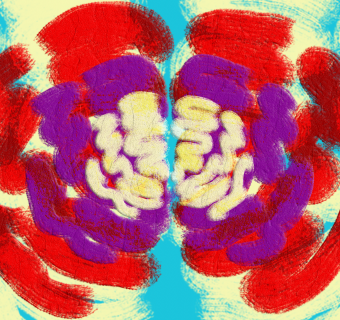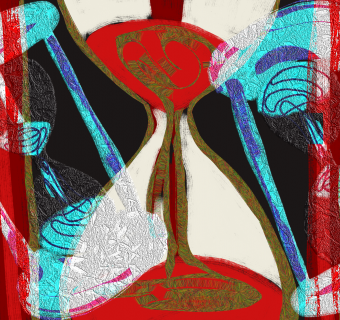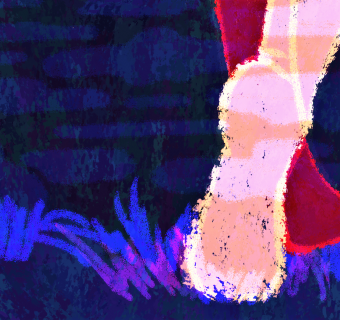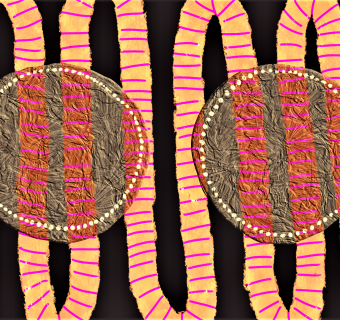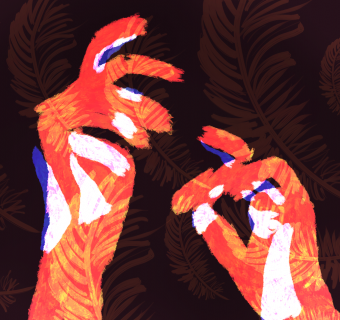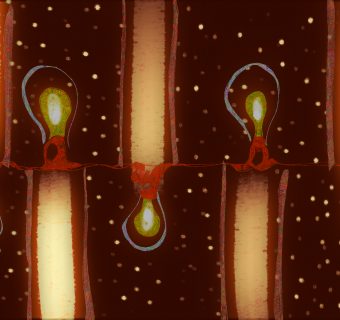The moment we choose to love we begin to move against domination, against oppression. The moment we choose to love we begin to move towards freedom, to act in ways that liberate ourselves and others.
– bell hooks, “Love as the Practice of Freedom"
The revolutionary is an act of love. Not your February 14th Valentine’s Day love, not your diamond rings or roses love, not your “love as a transaction” love. The revolutionary is a complete upheaval of love as we know it: love with communal feasts so no one goes hungry; love as universal housing so the word “homeless” ceases to exist.
The revolutionary will turn away from mere survival to create a world where life is possible. Life full of dance and laughter and rest. Life where children make art because they want to, not because they can. The revolution will not look like this at first. It will be messy. We will have to carry each other’s pain. Systems will break. It is tiring. But we look for and work for the revolutionary to create more room for more love and more rest, knowing it is possible to feast together, and to experience a freedom we deserve to know.
The revolutionary is an act of love. Not your February 14th Valentines Day love, not your diamond rings or roses love, not your "love" as a transaction love.
“Love as the Practice of Freedom” means love is not just a feeling, but a choice we all have. A choice to live within community, which makes loving as a student in an institution like the University of Virginia feel all the more urgent.
If you are reading this as a UVA student, ask yourself, “How am I affecting this community I am living in? How connected am I to the Charlottesville community?” If you don’t know the answer, I encourage you to do some research on how college towns affect poverty rates as a place to start. bell hooks acknowledges these blind spots, stating, “many of us are motivated to move against domination solely when we feel our self-interest directly threatened,” reminding us of the power of the collective. hooks emphasizes the need for a love ethic in order to work against a culture of domination.
We can start by reminding ourselves that there is not a single human emotion that has not been felt by another human being. Let it be our affirmation: we are never alone in our grief or in our hurt.
We can start by reminding ourselves that there is not a single human emotion that has not been felt by another human being. Let it be our affirmation: we are never alone in our grief or in our hurt.
After my first meeting with the Body Positive team for this Iris x Body Positive collaboration, I felt energized and inspired to explore Body Positive both as an individual and as a collective. Energy and inspiration – isn’t that what freedom feels like? What ideal love feels like? Together, let’s practice that love. As hooks says, “Working within community, whether it be sharing a project with another person, or with a larger group, we are able to experience joy in struggle. That joy needs to be documented.”
Let this column be a documentation of that joy in our struggle.




